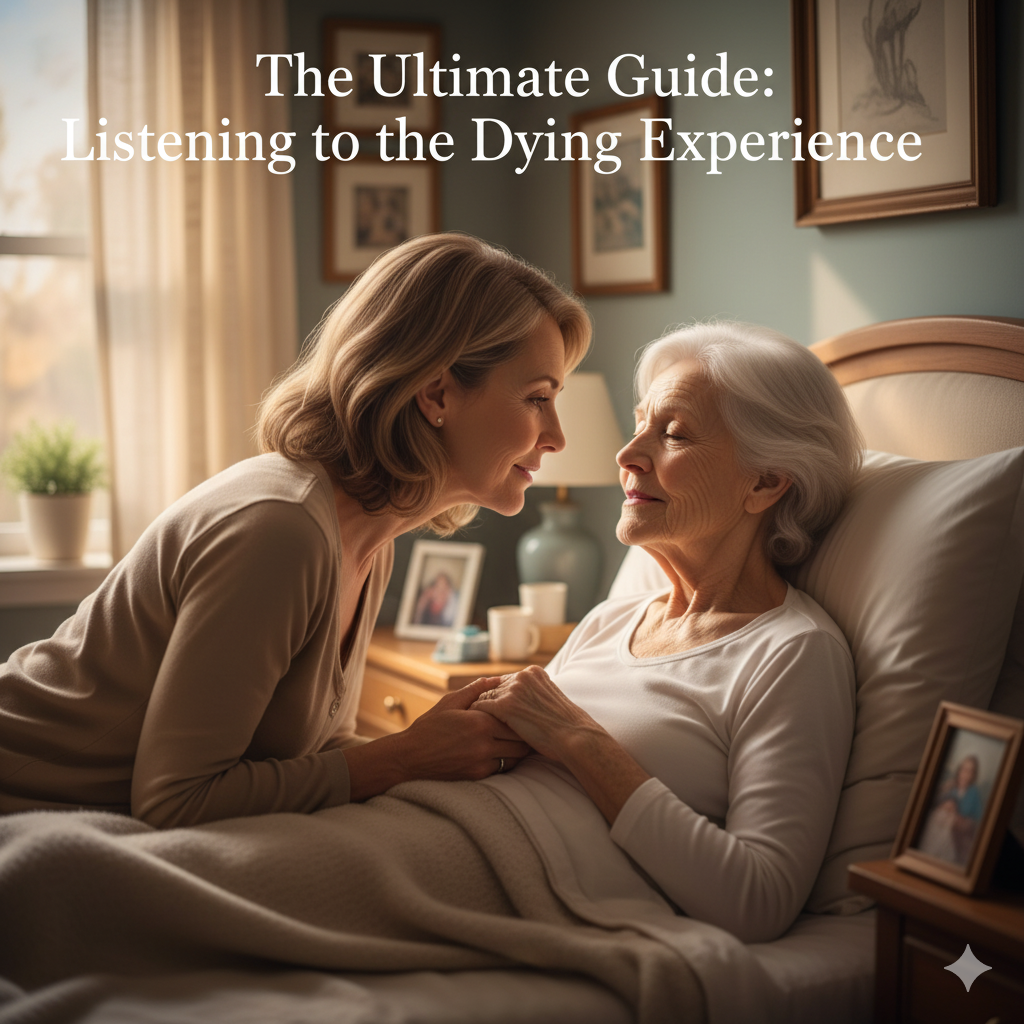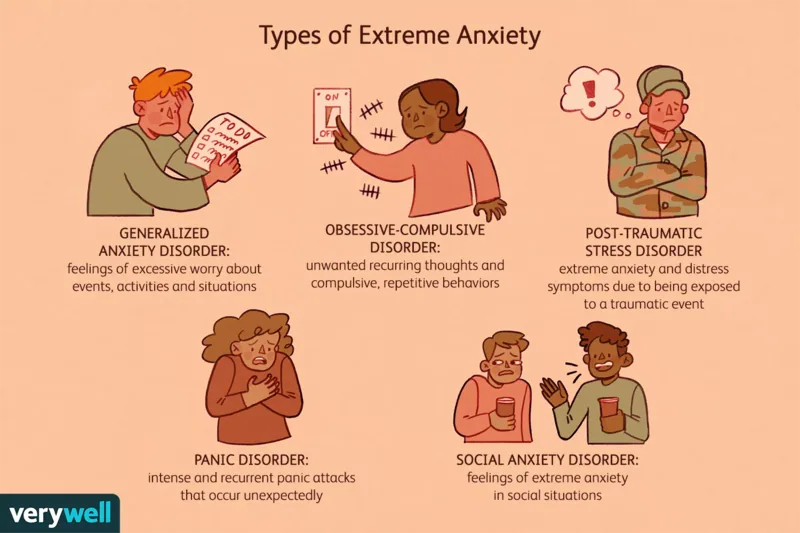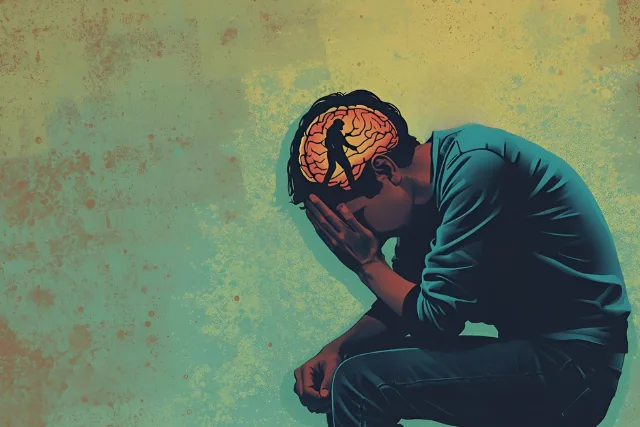In the quiet confines of a Beverly Hills home, the legendary composer Sergei Rachmaninoff lay dying. Surrounded by loved ones, a profound stillness permeated the room, a prelude to life's final act. Then, a remarkable event unfolded. Rachmaninoff opened his eyes, his gaze distant yet focused, and asked those present: "Can you hear this beautiful melody? The enormously beautiful music?"
His family and friends, rooted in their shared reality, responded with immediate denial: "No, there's no music here." Rachmaninoff, however, insisted, "Yes, but can't you hear this beautiful melody? It's so..." Their repeated assurances of silence eventually led him to concede, "Very well. Then the music is only in my head." He then lay back and passed away.
This poignant scene, recounted by researchers at Stanford (2023), encapsulates a profound challenge in understanding the human experience at its very edge. When someone reports an experience that falls outside our shared perception, our natural inclination is often to correct rather than to explore. Yet, in the twilight hours of life, these anomalous reports might offer our most valuable insights into consciousness itself. How can we truly understand the dying experience without deeply listening to those who traverse this final frontier?
The Unheard Melody: A Missed Opportunity
The Rachmaninoff anecdote has resonated deeply with researchers dedicated to the psychology of death and dying. Not because of the music he may or may not have heard, but because of the missed opportunity for deeper engagement. Imagine if, instead of immediate dismissal, those at his bedside had asked: "What kind of music are you hearing? Can you describe it? Could you hum it for us, so we might try to capture it?"
This simple shift from correction to curiosity could have yielded invaluable data about the phenomenology of dying consciousness. Perhaps it would have allowed Rachmaninoff to share a final, profound piece of his inner world. This challenge—the impulse to invalidate rather than investigate—is a constant hurdle when studying experiences at life's boundaries. A truly empathetic and scientific approach requires us to listen: studying experience without preconceived notions.
Why Systematic Curiosity Matters
For over two decades, research into end-of-life experiences has highlighted the critical importance of what we term systematic curiosity. This isn't about accepting every report as objective truth, but rather about approaching each unique account with an open, inquiring mind. When a dying individual reports seeing deceased loved ones, experiencing profound clarity, or hearing music no one else can perceive, we have choices.
We can dismiss these events as hallucinations, side effects of medication, or consequences of oxygen deprivation. While these explanations might sometimes be valid, such immediate dismissal often shuts down dialogue and isolates the individual. Alternatively, we can document these experiences meticulously, without premature interpretation, thereby enriching our understanding of the human condition. This systematic approach to listening: studying experience at its most vulnerable, respects both the individual and the potential for new knowledge.
The Phenomenological Stance: Embracing the Unknown
When we investigate the experiences of dying patients, those exhibiting terminal lucidity, or individuals recounting near-death experiences (NDEs), we occupy a unique position. We are striving to comprehend states of consciousness that we, ourselves, have not directly encountered. As philosopher David Hume famously noted, you cannot truly know the taste of a pineapple until you have eaten one. Similarly, we cannot claim to know the experience of death until we face it ourselves.
Those we study possess direct access to phenomena that we can only approach through their verbal reports. This presents a dual challenge: first, everyday language often lacks the vocabulary to adequately describe such extraordinary, liminal experiences. Second, even when individuals can articulate their experiences, they frequently express a sense of incompleteness, stating, "The essential element is missing because I lack the words for it." This underscores the need for a phenomenological stance, prioritizing the description of subjective experience over immediate explanation.
What Are Anomalous End-of-Life Experiences?
Anomalous end-of-life experiences encompass a range of subjective reports that deviate from typical expectations of the dying process. These can include: seeing deceased relatives or spiritual figures, experiencing profound peace or joy, reviewing one's life, or sensing a departure from the body. Unlike ordinary hallucinations, these experiences are often described as exceptionally vivid, coherent, and deeply meaningful by those who undergo them.
Consider the case of a patient with advanced dementia, who, for months, had been largely unresponsive. Days before her passing, she suddenly began to describe an incredibly vivid, intricate garden – a place she insisted was "more real than this room." She spoke of vibrant, unearthly colors and a sense of profound tranquility she'd never known. This wasn't just a fleeting thought; it was a detailed, coherent narrative that challenged all prior observations of her cognitive state. Documenting such accounts is crucial, even if direct verification is impossible (Harvard, 2024). These experiences, when we listen: studying experience carefully, open doors to new scientific questions.
Can Terminal Lucidity Teach Us About Consciousness?
Terminal lucidity refers to the unexpected return of mental clarity and memory in individuals with severe psychiatric or neurological disorders, such as Alzheimer's or dementia, shortly before death. It's a phenomenon that profoundly challenges our current understanding of brain function and consciousness.
For instance, an individual who hasn't recognized family members or spoken coherently for years might, hours before death, engage in clear, meaningful conversation, recall distant memories, and express final wishes. The scientific response to such an anomaly is not to dismiss it as a random event. Instead, it is to meticulously document every detail: What do they say? How do they say it? What emotional tone accompanies their words? What seems different about their consciousness in that moment? Stanford researchers (2023) emphasize that these occurrences, once considered mere anecdotes, are now being systematically investigated as potential keys to unlocking secrets about consciousness and brain resilience. By carefully listening: studying experience of terminal lucidity, we gather vital data for neuroscience.
Practical Strategies for Empathetic Listening
Effective engagement with end-of-life experiences requires a specific set of practices, moving beyond casual conversation to a method of deep, non-judgmental inquiry:
- Accept the experience as experienced. If someone reports hearing music, the fact of their perception is indisputable, regardless of whether external sound waves are present. The experience exists for them and deserves documentation. As philosophers note, first-person experience is often 'incorrigible' – you cannot tell someone, "No, you're not seeing that!" and make it stick. Their subjective reality is their reality in that moment.
- Ask for details without judgment. Instead of offering explanations, ask open-ended questions: "What does that feel like?" "Can you describe what you're seeing?" "Has this happened before?" These questions yield rich phenomenological data and simultaneously validate the person's experience, fostering trust and connection.
- Document precisely. Record exactly what individuals report, not your immediate interpretation. If a patient says, "My mother is here," write that verbatim. Avoid writing "patient experiencing visual hallucination" in the initial documentation phase. Interpretation and analysis can follow; accurate, raw data comes first.
- Suspend immediate explanation. The urge to categorize and explain away unusual phenomena is strong in scientific and medical contexts. However, premature explanation can blind us to novel insights. Allow the phenomena to simply be phenomena, inviting deeper investigation before forcing them into existing conceptual boxes. This careful approach to listening: studying experience without bias, is paramount.
Beyond Data: The Human Connection
Beyond the methodological rigor, there is a profound human dimension to this work. When a dying person shares experiences that seem impossible or improbable, they are often sharing something deeply significant – perhaps the most meaningful experience of their life. Our response shapes their final moments.
Consider what we would wish from others if we were the one having such experiences at our deathbed. Most likely, we would desire understanding, respect, and the opportunity to be heard. The dying are involuntary explorers of a territory we all will eventually enter. The least we can offer is to listen carefully to their reports from that frontier, not just for scientific data, but out of profound human compassion and dignity. Through empathetic listening: studying experience at life's end, we honor the journey and expand our collective understanding of what it means to be human.










